Unlocking Winter Wellness: A Journey to a Sunnier Spirit

Renowned metaphysical author Christian D. Larsen once urged us to "Look at the sunny side of everything," but let's face it—finding that sunny side can be challenging when winter paints the world in shades of grey, and sunlight becomes a rare commodity.
Sunshine isn't just a mood lifter; it's as essential as oxygen for maintaining overall happiness and well-being. Yet, for those trapped in a nine-to-five routine during the winter months, the lack of daylight can cast a shadow on their mental and physical health.
As the calendar progresses beyond June 21, the longest day of the year, daylight hours dwindle, leaving us heading to work before sunrise and leaving the office after sunset. This sunlight scarcity can lead to a myriad of health issues, including the notorious Seasonal Affective Disorder (SAD). Winter also brings the potential for sleep disturbances and vitamin D deficiency, amplifying the risk of osteoporosis, heart disease, and certain cancers, according to the Harvard School of Public Health.
Dr. Michael F. Holick from the Boston University School of Medicine emphasizes the vital role of sun exposure in reducing the risk factors for various health issues, from diabetes to infectious diseases and SAD.
Understanding Seasonal Affective Disorder (SAD)
The Mayo Clinic outlines the symptoms of SAD, including daily depression, loss of interest in enjoyable activities, low energy levels, difficulty sleeping, changes in appetite, irritability, difficulty concentrating, and feelings of hopelessness.
SAD develops during winter due to a decline in both serotonin and vitamin D. Serotonin, a neurotransmitter influencing mood, is synthesized in the brain, while vitamin D, crucial for health, is primarily synthesized through sunlight exposure. Unfortunately, more than 80% of Americans lack sufficient vitamin D through diet alone, emphasizing the importance of sun exposure and supplementation.
Essential Oils for Winter Blues
For those experiencing a winter-induced blue mood, certain essential oils might be mood-boosting allies:
-
Bergamot Essential Oil: Research suggests bergamot's stress-reducing properties, making it a potential mood-enhancer.
-
Lemon Essential Oil: Lemon oil may elevate serotonin and dopamine levels, contributing to improved mood.
-
Lavender Essential Oil: Included in Happy MONQ, lavender's linalool interacts with serotonin, offering a potential antidepressant-like effect.
-
Clary Sage Essential Oil: Thought to reduce cortisol levels and boost serotonin, clary sage may be a stress-reliever.
-
Orange Essential Oil: Rich in myrcene, orange oil is thought to boost serotonin and dopamine levels, acting like sunshine in a bottle.
-
Ylang-Ylang Essential Oil: With elements that are believed to promote healthy blood pressure and slow breathing, ylang-ylang may be a stress-easing powerhouse.
-
Peppermint Essential Oil: Peppermint has the potential to relieve feelings of sadness and enhance mood and memory.
-
Jasmine Essential Oil: Research suggests jasmine oil's positive impact on brain waves, which could lead to fostering positive emotions.
In your quest for winter wellness, experimenting with different essential oils or blends may be necessary. As you explore, remember that amidst the cold winter nights, there's a simple beauty in falling snow, illuminated by stars—a scene that, in its simplicity, can bring about a sunnier disposition. Embrace the journey to unlock your winter wellness and find the beauty in every season.


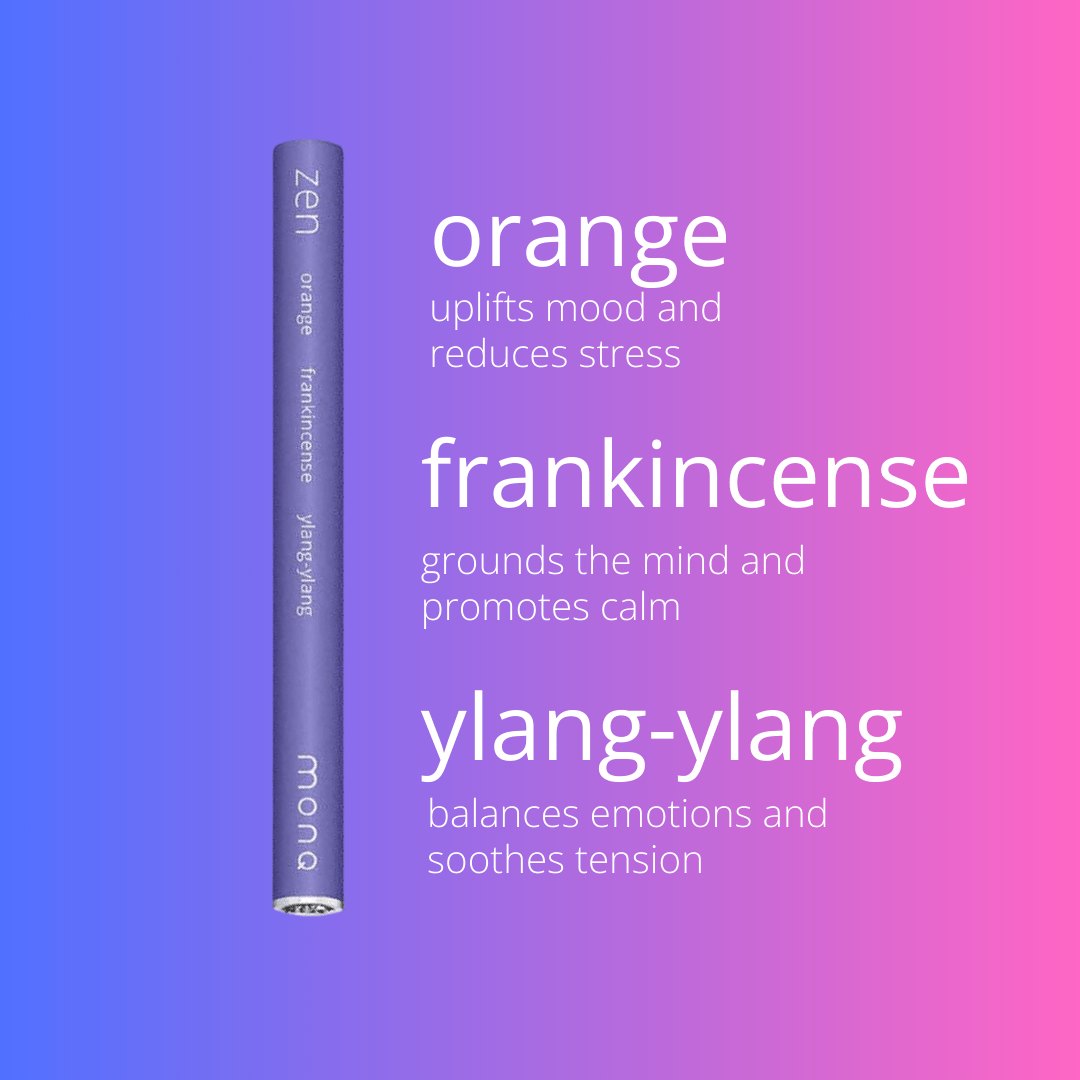
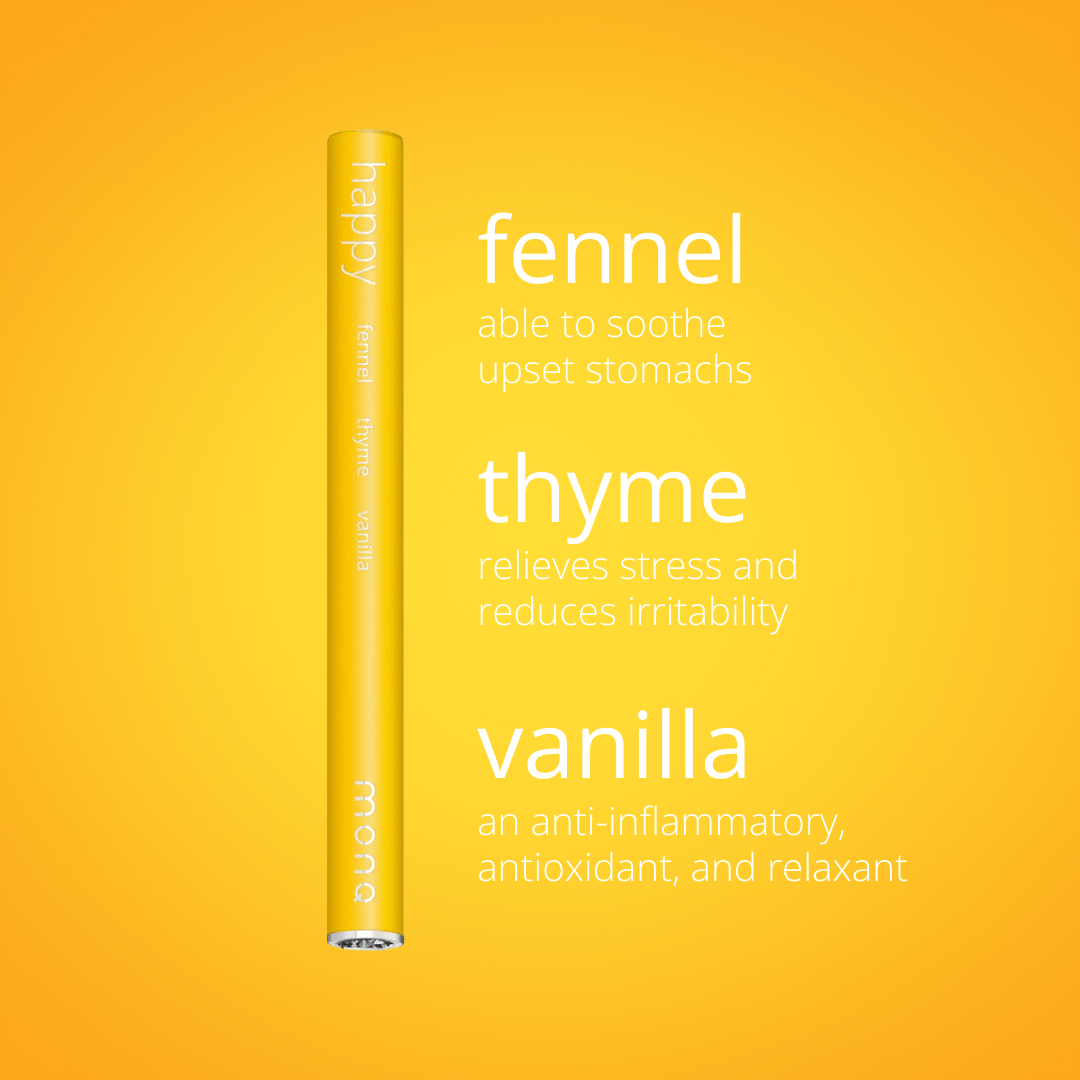
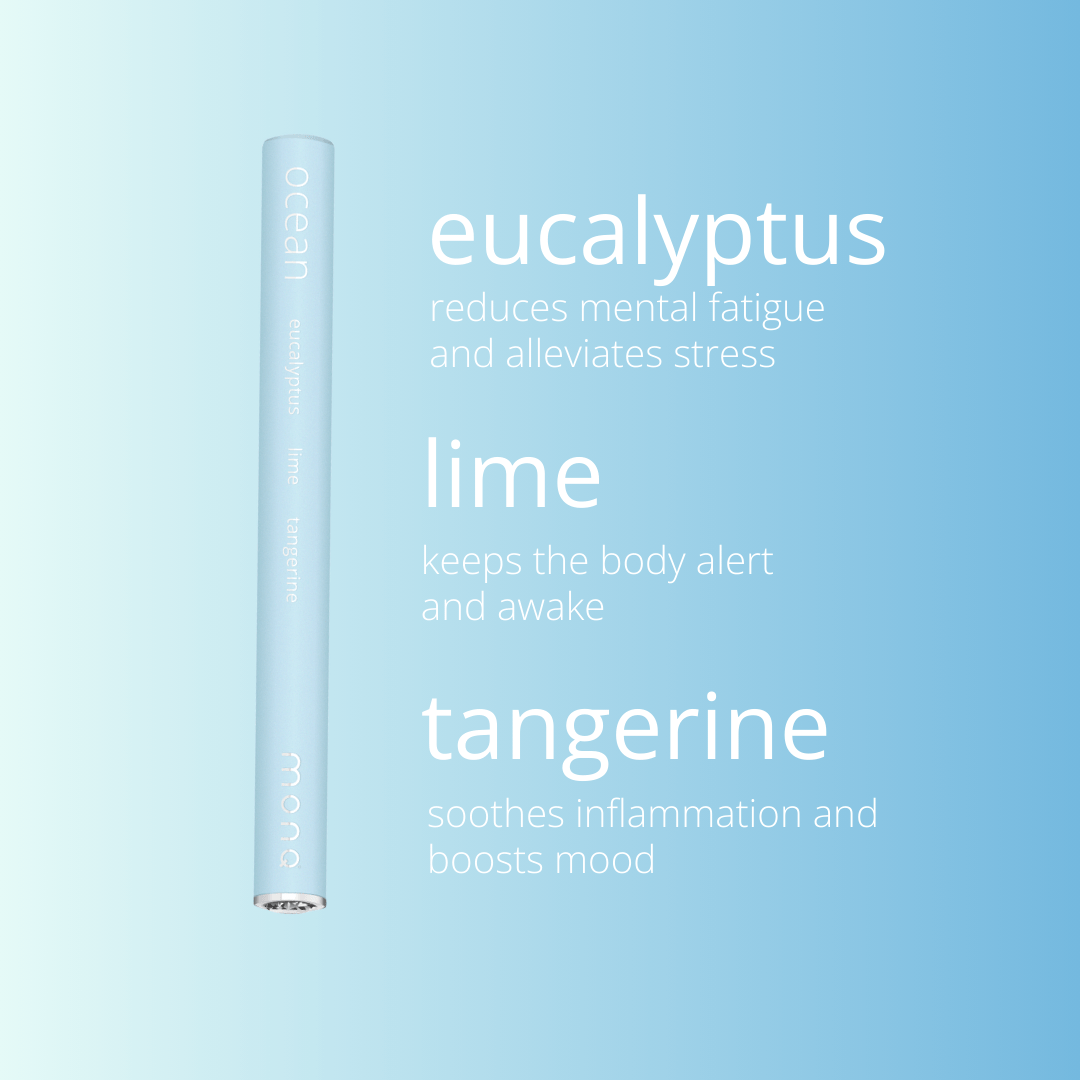
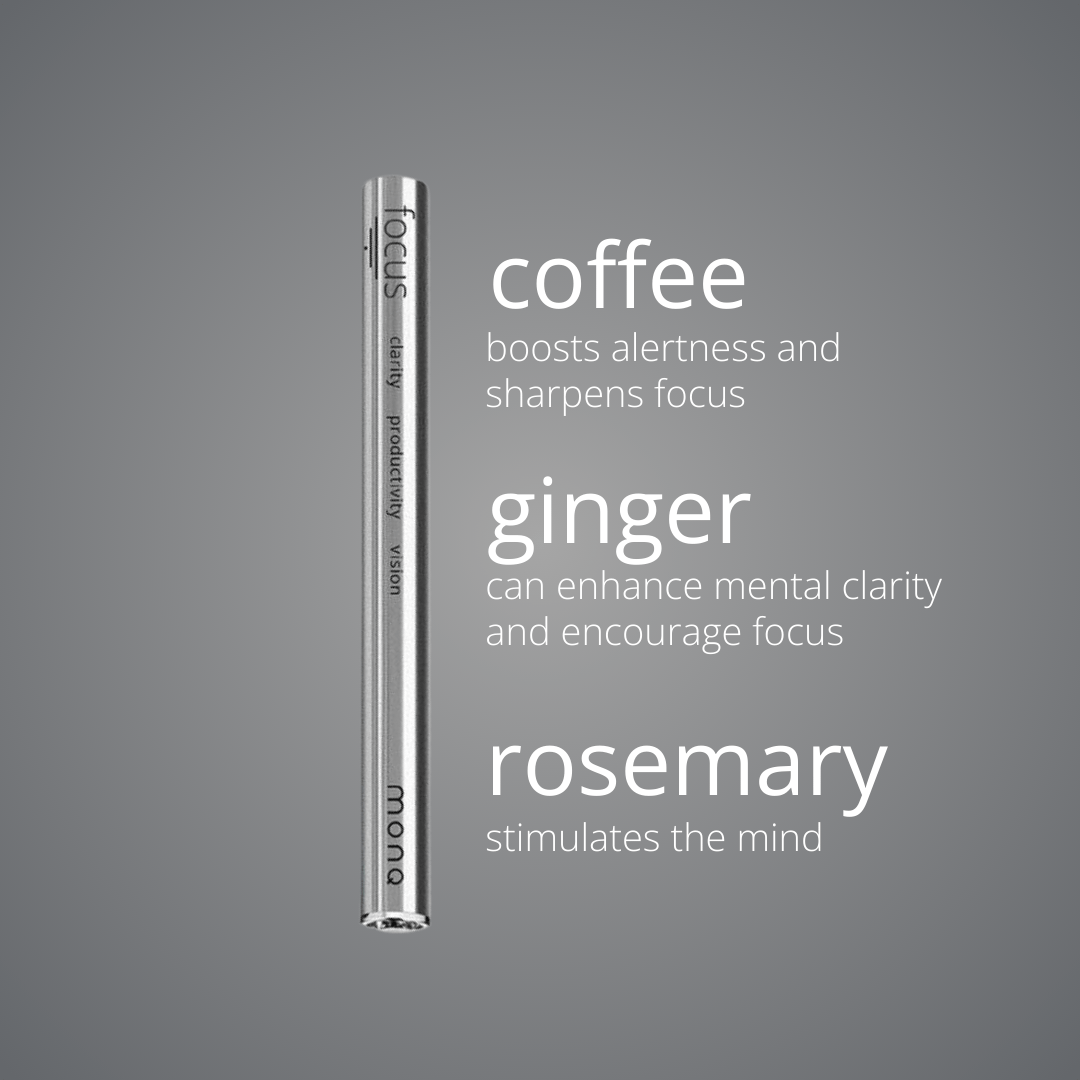
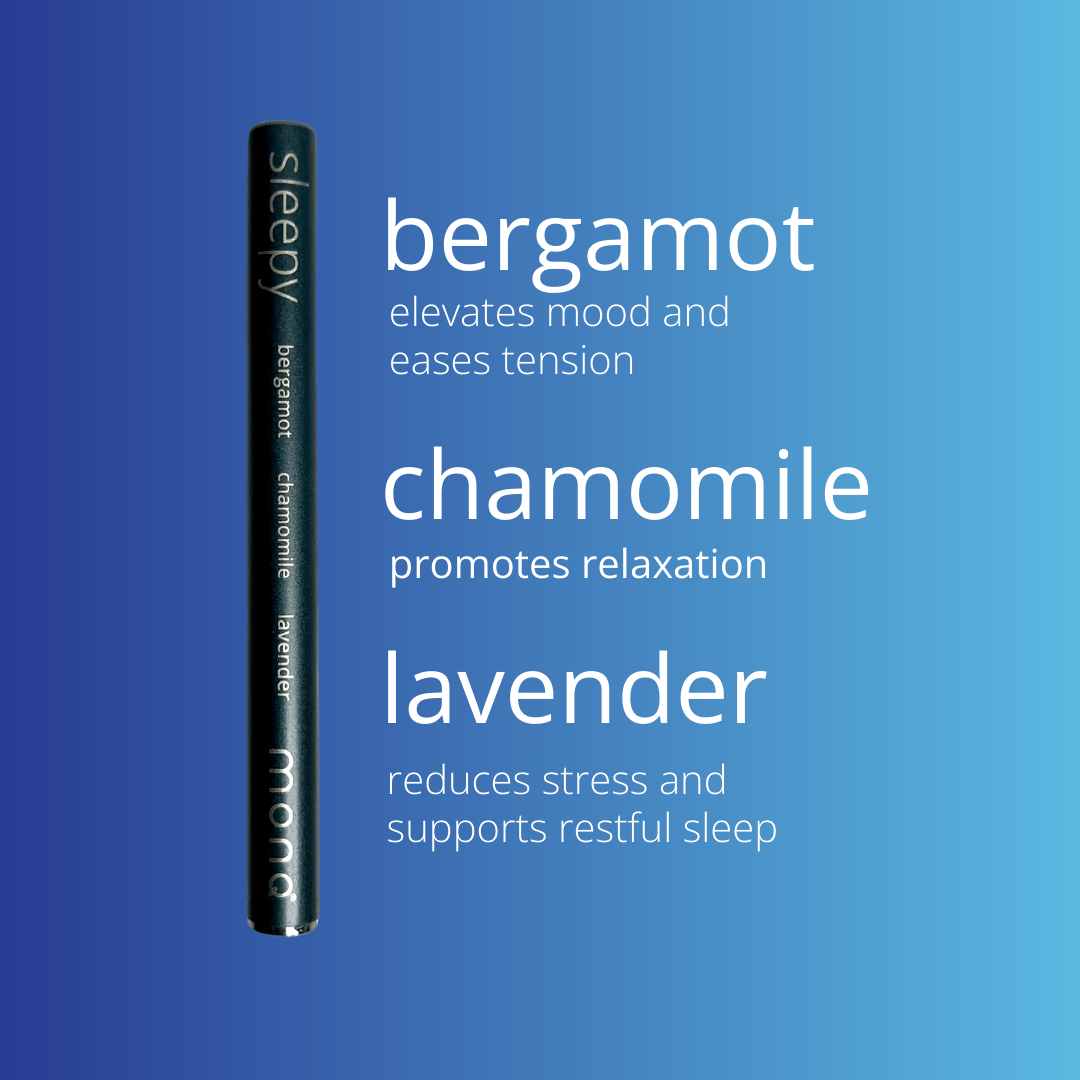

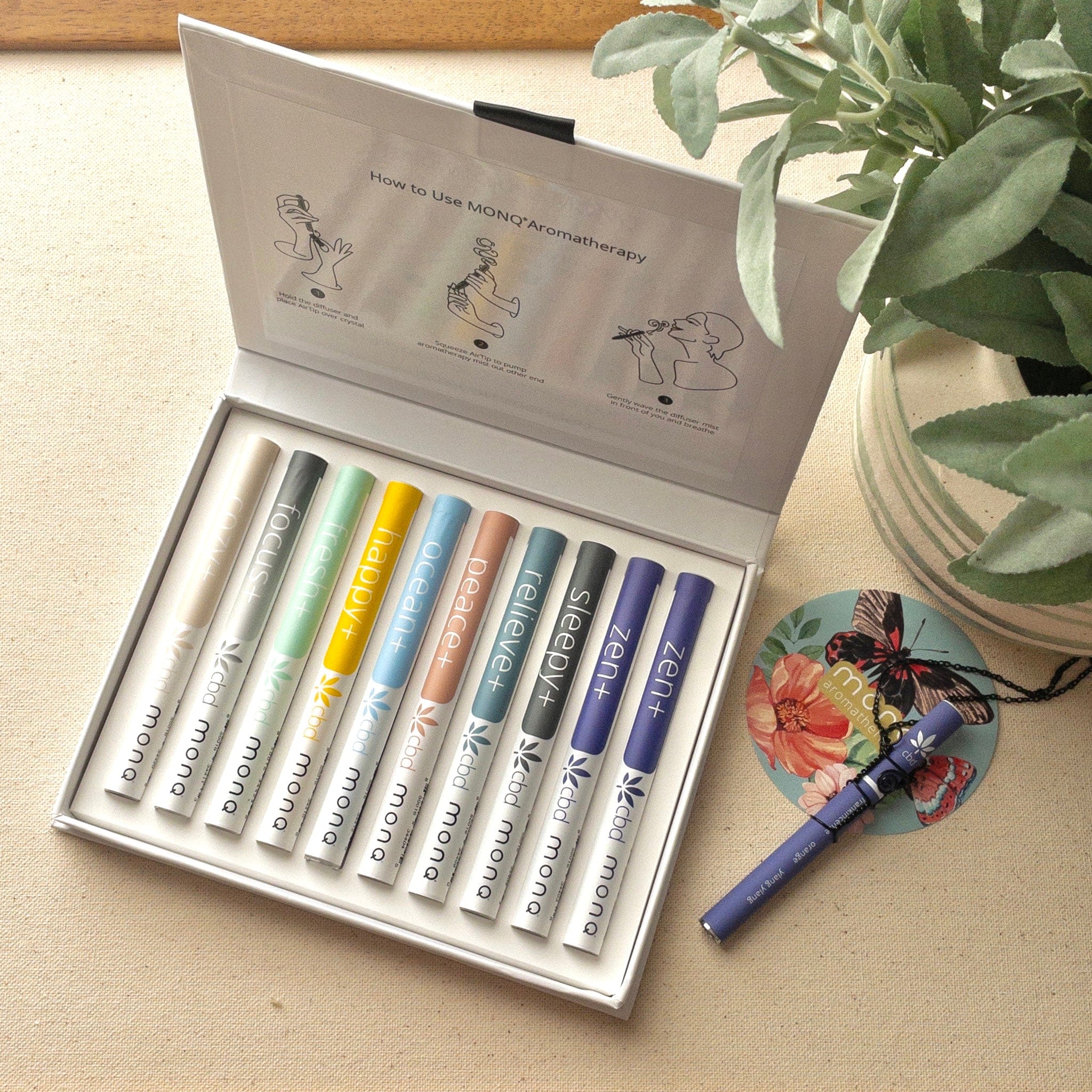
Leave a comment